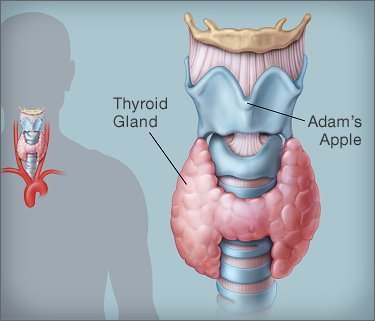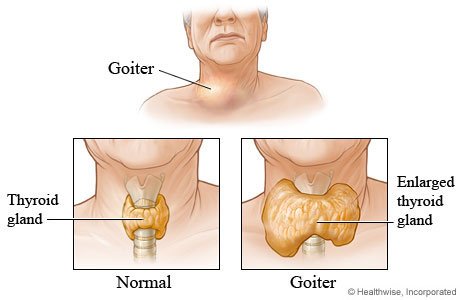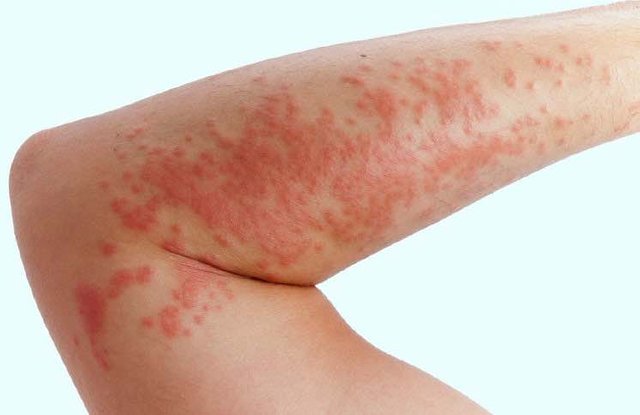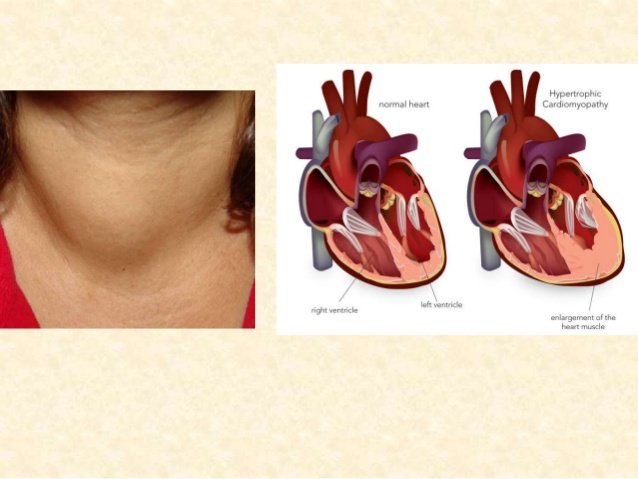Hashimoto's Disease Part 1: The Symptoms

image credit
This post focuses on the difficulties associated with the diagnosis of the autoimmune condition Hashimoto’s thyroiditis, and offers useful information and suggestions on how to interpret examination results. Please note that I’m not a doctor and this post does not substitute advice from a healthcare professional. This is my own compilation of important reference points after personal research. My aim is to inform patients and aid a productive communication with their doctors.
What is Hashimoto’s Thyroiditis?
Hashimoto’s thyroiditis, also known as chronic lymphocytic thyroiditis, is an autoimmune disorder in which the immune system attacks the thyroid gland. The thyroid gland is a small gland at the base of our neck that produces the hormones that control and coordinate metabolism, heart rate and several other bodily functions. Hashimoto’s thyroiditis is one of the most common causes of hypothyroidism, and it is largely based on genetic predisposition. It is when antibodies of our own immune system attack the thyroid and eventually render it underactive, with an inability to produce thyroid hormones. When diagnosed, the disease is treated with thyroid hormone replacement. If the damage is extensive, the thyroid might have to be removed as well, to avoid the development of cancerous cells.

image credit
Symptoms
The difficulty in diagnosing the condition lies in the fact that there are no symptoms that are unique to this specific condition. Since it is an autoimmune reaction that progresses at a slow pace, patients are often unable to identify their symptoms for several years. The first sign of the disease is often a swollen thyroid, called a “goiter”, which may cause throat discomfort and make swallowing difficult.

image credit
Symptoms become more apparent at a later stage when patients begin to develop hypothyroidism. Hypothyroid symptoms include fatigue, depression, weight gain, muscle pains, constipation, paleness, hair loss, sensitivity to cold, a slow heart rate, a low sex-drive, infertility and for female patients, irregular periods. A link between chronic hives (urticaria) and Hashimoto’s has also been observed, as they are both autoimmune reactions. Since a lot of these symptoms are similar to psychological anxiety symptoms, many patients are often misdiagnosed.
Triggers
Hashimoto’s is more common in women, but it can also occur in men and young children. It is mainly a hereditary condition but it can also be triggered by other factors such as other autoimmune responses, a chronic inflammation in the body, certain types of high-iodine medication, radiation exposure, vitamin deficiencies and stomach issues. If left untreated, the condition can lead to a number of different health issues, such as heart problems, mental health issues and myxedema, a rare but life-threatening condition.
Complications
Heart problems:
An underactive thyroid can cause high levels of LDL, the “bad” cholesterol. If left untreated, hypothyroidism can lead to an enlarged heart and possibly heart failure. It has also been observed that arteries of Hashimoto’s patients tend to become less elastic, and with the combination of metabolic effects this results to a slow heart rate and a high blood pressure or arrhythmias. The levels of LDL combined with the high blood pressure constitute high risk factors for heart disease.
Mental health problems:
Depression and fatigue are common even very early in Hashimoto’s disease, combined with a significant decrease in sexual desire (libido) due to hormonal changes in both men and women. Additionally, memory can be impacted causing confusion and memory lapses.
Myxedema:
It can develop after long-term untreated hypothyroidism due to Hashimoto’s. Its symptoms include drowsiness and hypothermia, followed by unconsciousness. A myxedema coma can be triggered by exposure to cold, sedatives or physical stress and requires emergency treatment.
Hashitoxicosis:
For a small percentage of patients, Hashimoto’s can cause brief episodes of hyperthyroidism before turning to hypothyroidism. As antibodies attack the thyroid cells, these release their stored hormones in the blood stream before they die. This results in an excess of hormones in the blood stream. Clinical signs include anxiety, intolerance to heat, weight loss, fatigue, frequent urination, thirst, sweating, stiffness of muscles, palpitations or arrhythmias, shortness of breath, chest pains, nausea, vomiting or diarrhea.

image credit
A case study
Imagine a patient visiting the doctor with the following symptoms:
The patient comes in with what looks like an anxiety attack. He reports chest tightness, difficulty breathing, has a high blood pressure, and is shaking. His muscles and joints are stiff. He has had a diarrhea episode and is now really thirsty. When questioned, the patient reports he feels constantly tired and “down” and insists he often experiences arrhythmia, shortness of breath, abrupt changes in blood pressure and chest pains. He has high cholesterol levels and relatively high blood pressure but his heart tests come back clear. He mentions constipation issues with occasional diarrhea attacks. Pulmonary test results also come back fine, and when asked the patient confirms he has examined his thyroid in the past and it showed no issues. Most doctors would diagnose a panic attack and put him on valium until he is calm enough to exit the emergency room.
As we can see above, special caution is required for the diagnosis of this disease. Although most standardized tests might show nothing wrong, there are specialized tests that, in combination, can reveal the existence and progression of the disease. I will post about these and discuss their reference ranges in my next post.



Great post, very informative. Autoimmune diseases are scary.
This is a fantastic follow-upvote me
Excellent post, I experience Hashitoxicosis myself while being hypo but people would doubt me saying "that's hyper symptoms".
Very informative article 👍